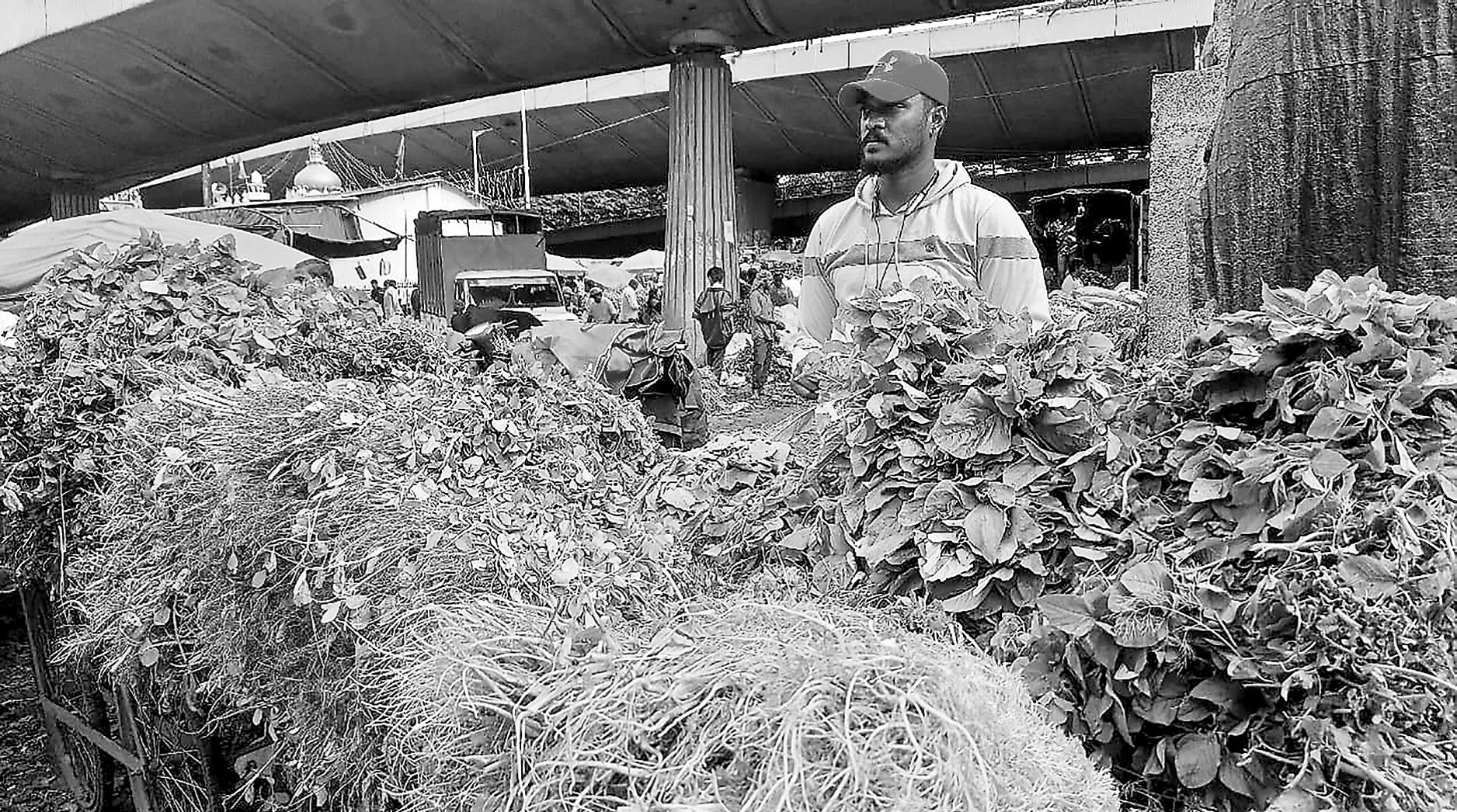
Increase in vegetable prices burdens retailers, buyers
Bengaluru, NT Bureau: An increase in vegetable prices in Bengaluru is having an adverse effect on retailers and buyers as inflation continues to be an issue for the commoner.
Cost of produce like tomatoes, onions, and potatoes have doubled in recent weeks, resulting in fewer customers at the once crowded stalls.
Vegetable hawkers mentioned increase in prices of fuel, difficulties in transportation due to heavy rains and insufficient harvest as reasons for the uptick in rates of the produce. The Karnataka State government increased the sales tax on petrol from 25.92 per cent to 29.84 per cent last month.
The same was hiked from 14.34 per cent to 18.44 per cent for diesel. Petrol price rose Rs 3 and diesel rates went up by Rs 3.5, increasing price of transportation for all manner of goods. Tomato prices have risen from Rs 40 to Rs 70 per kg. Beans used to cost Rs 150 and now cost Rs 280.
Ginger that used to be Rs 60 per kg is going for Rs 180. Carrots that used to cost Rs 90 are now selling for Rs 120 per kg. Green chillies went from costing Rs 100 per kg to Rs 130. Beetroot rates increased from Rs 40 to Rs 90 per kg. Radish prices shot up from Rs 50 to Rs 90.
Cauliflower which went for Rs 45 is now Rs 50 apiece. Cucumber prices went from Rs 30 to Rs 70 per kg. Garlic rates went from costing Rs 135 to Rs 240.
Transport hard in heavy rain:
Hawkers Mahesh, a vegetable vendor at KR Market said: “Wholesale prices have surged due to supply chain disruptions and adverse weather. Customers think we are overcharging but we are forced to buy at higher rates.”
Another vendor Latha said: “We are barely breaking even. If this continues, my stall might have to be shut down.” She added that profit margins had been shrinking due to the inability to fully pass on increased costs to customers. Priya, a homemaker who said that managing the household budget has become challenging these days due to the hike in all products.
“Other expenses must be cut down or the quality and quantity of vegetables we buy must be compromised. Middle-class families are revisiting their budgets, making tough choices, and cheaper alternatives or community markets in the outskirts are being sought for better deals,” she said.
 English daily published in Bengaluru & Doha
English daily published in Bengaluru & Doha






